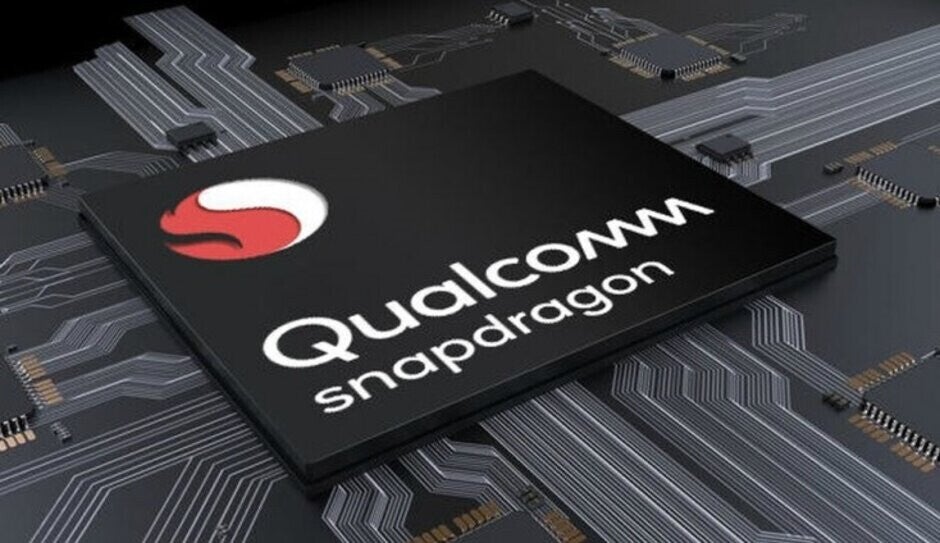EX-CEO admits tricking Qualcomm into spending $180M to buy its own technology

Sanjiv Taneja, one of three men indicted last year after ripping off chipmaker Qualcomm for more than $150 million, and the former CEO of a startup company named Abreezio, pleaded guilty last Thursday to one count of money laundering involving a $1.5 million transaction. The funds were related to the $150 million that Taneja and the other defendants conned out of Qualcomm.
The San Diego-based company was tricked into buying technology that already belonged to the company according to the San Diego Union-Tribune. The other two indicted were Karim Arabi and Ali Akbar Shokouhi. Arabi, while working for Qualcomm as the company's vice president of research and development, invented a way to evaluate micro-processors during the "design for test" phase that was faster than other methods. Under his employment contract, any intellectual property created by him while working for Qualcomm belonged to the company.
But Taneja admitted in the plea agreement that he and his co-defendants decided they wanted to personally profit from the invention instead of turning it over to Qualcomm. So they came up with a plan to hide Arabi's involvement in Abreezio that tricked Qualcomm into believing that the startup owned the technology that technically belonged to the chipmaker.
Arabi was still a Qualcomm employee when the company was negotiating with the startup and was still there when Qualcomm agreed to buy it. Qualcomm wanted the startup so that it could acquire the technology that Arabi had created at Qualcomm; in other words, the chipmaker was buying its own technology. Qualcomm was told that the startup was funded by angel investors; these are wealthy individuals who help fund a small company in exchange for equity in the firm. Qualcomm agreed to pay $180 million for Abreezio with $150 million paid in cash upfront.

Qualcomm was tricked into agreeing to pay $180 million for technology it technically owned
Qualcomm didn't know that its own employee had created the technology it bought because it was told that a Canadian graduate student working for the startup had invented it. The student was "played" by Arabi's younger sister and she was listed as the inventor on provisional patents even though her brother filed the patent applications using fake email accounts to hide his identity.
Acting U.S. Attorney Andrew R. Haden said, "Fraud and deceit undermine legitimate businesses and the marketplace, whether they victimize small businesses or multinational corporations and their shareholders. This office will seek justice against wrongdoers, big and small alike."
Qualcomm is a fabless chipmaker which means that while it designs its own chips, it doesn't own the facilities to manufacture them. Thus, the company relies on contract foundries like TSMC and Samsung Foundry and has used both of those companies to manufacture its Snapdragon line of application processors. Currently, TSMC builds Qualcomm's current flagship chipset, the Snapdragon 8 Gen 2.
Follow us on Google News












Things that are NOT allowed:
To help keep our community safe and free from spam, we apply temporary limits to newly created accounts: